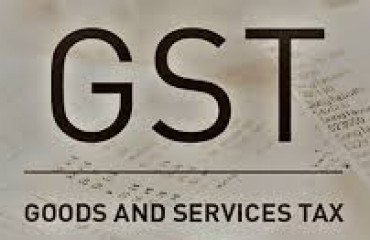
The tax authority’s online monitoring of audits assumes significance given that it is keen to ensure there is no revenue leakage while ensuring that the audit process does not become burdensome on tax payers
- The tax authority's online monitoring of audits assumes significance given that it is keen to ensure there is no revenue leakage while ensuring that the audit process does not become burdensome on tax payers
NEW DELHI : Central Board of Indirect Taxes and Customs (CBIC) has developed a system for online monitoring of GST audits initiated by tax officials across the country for effective oversight of the audit process.
GST audits commenced earlier this year and are being seen by the tax authority as an effective tool for ensuring the quality of the tax returns filed but it also does not want any overreach by officials.
CBIC held a meeting of commissionerates across the country in charge of audits earlier this month and a web-based tool for monitoring the progress of audits end-to-end has been developed along with a dashboard, according to an update posted on CBIC website.
CBIC's audit of GST returns has now picked up momentum after it gave extra time for filing annual returns during the covid period. It has also liberalised the norms relating to annual returns and reconciliation statements for small businesses. The tax authority's online monitoring of audits assumes significance given that it is keen to ensure there is no revenue leakage while ensuring that the audit process does not become burdensome on tax payers.
Tax return filing under GST has significantly improved since the rollout of GST in 2017 which also indicates that more economic activity and transactions are now getting reported under the indirect tax system.
Audit of companies by GST authorities is in addition to the GST audit that firms, barring the small ones, do. In recent months, tax professionals have reported an increase in the number of businesses seeking advice on issues arising from departmental audits.
Several instances of audit are triggered by mismatches between the automatically generated return of purchases of raw materials and services and the tax return filed by a business showing a summary of transactions which forms the basis for paying taxes. Last year, GST authorities liberalised the norms by dropping the provision for mandatory audit of annual returns for businesses with sales of ₹two crore and above and introduced self-certification of a reconciliation statement for those with ₹five crore sales and more, replacing the certification needed by a chartered or cost accountant. The idea was to encourage voluntary compliance.
